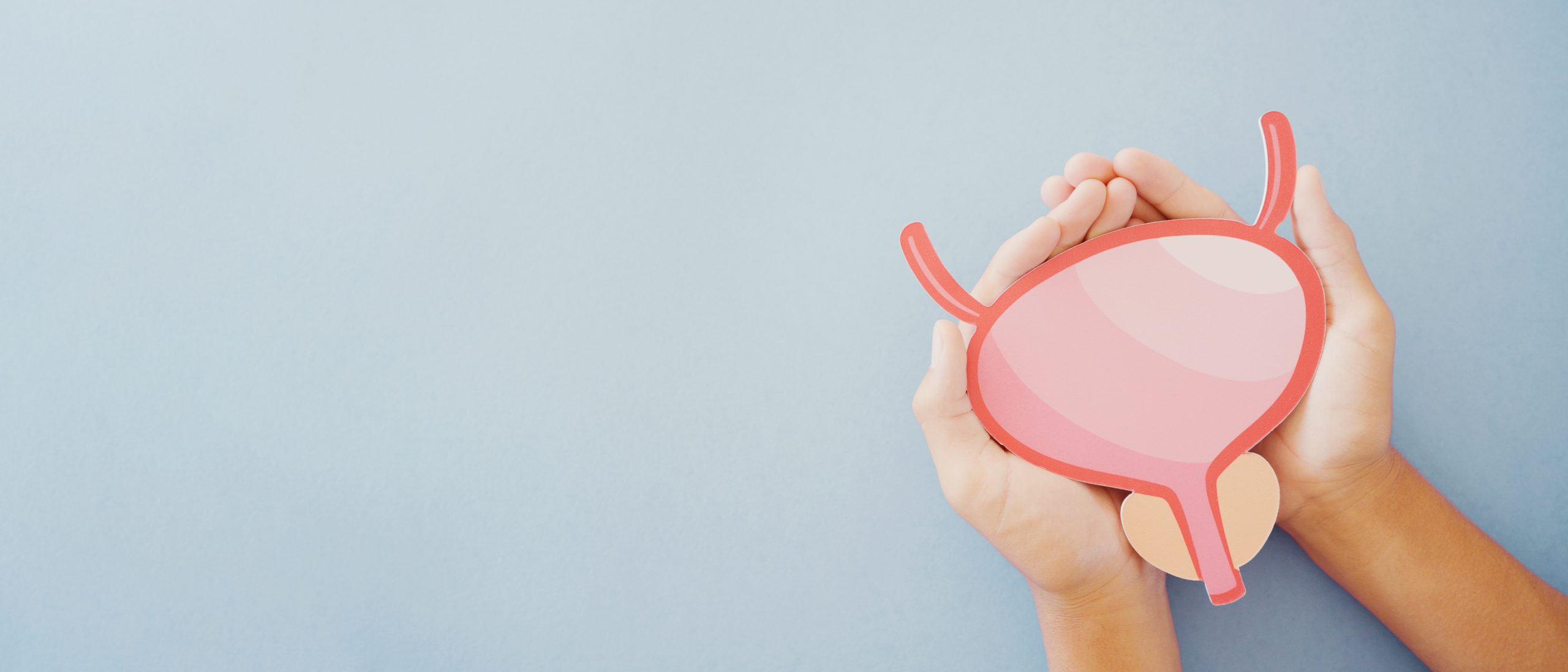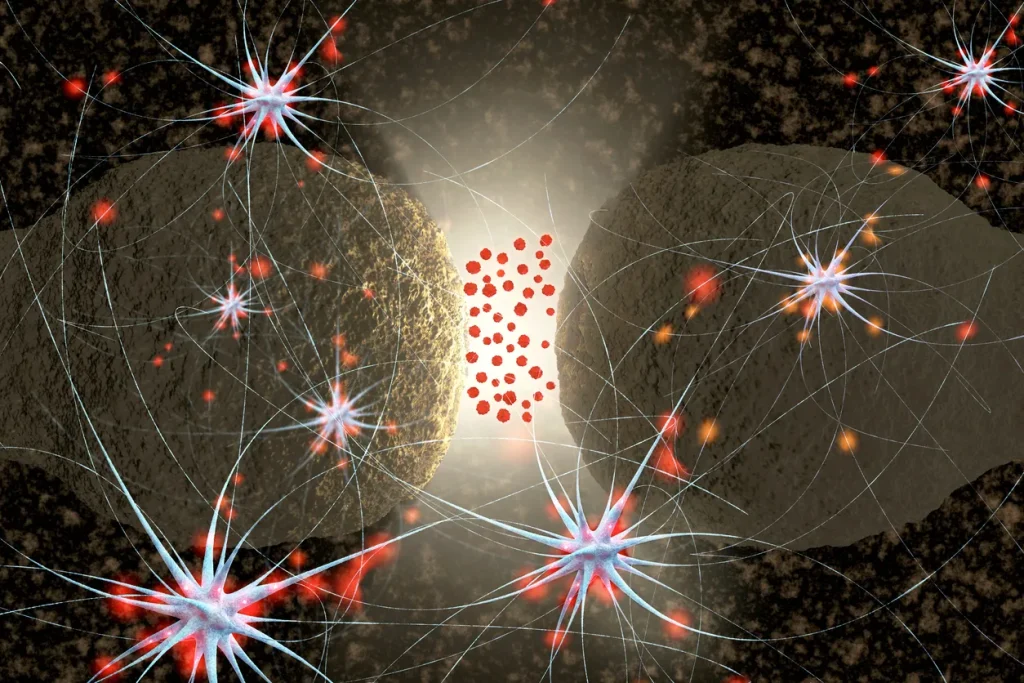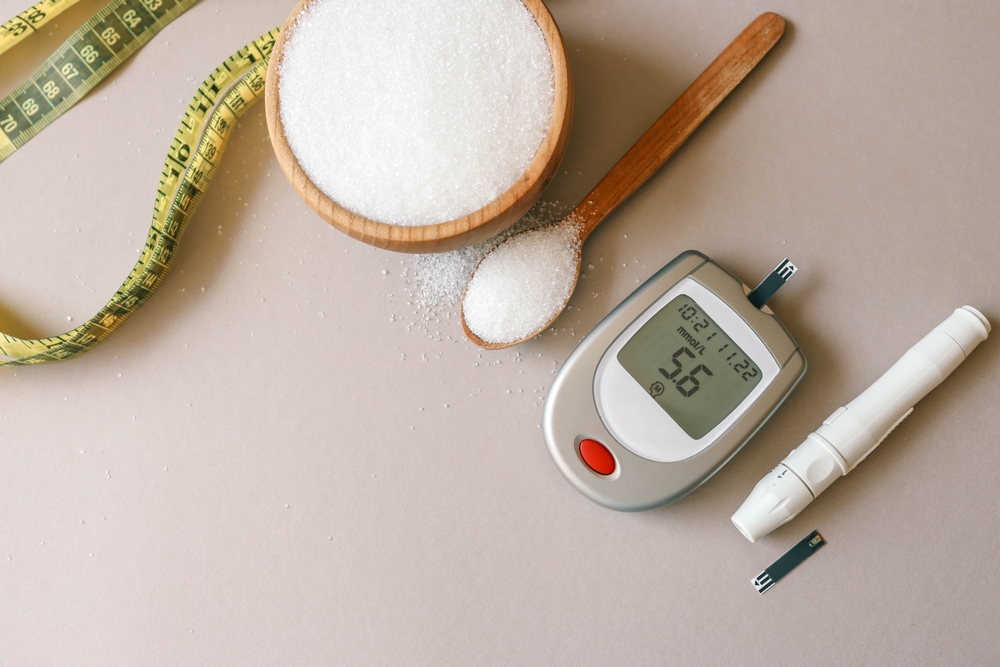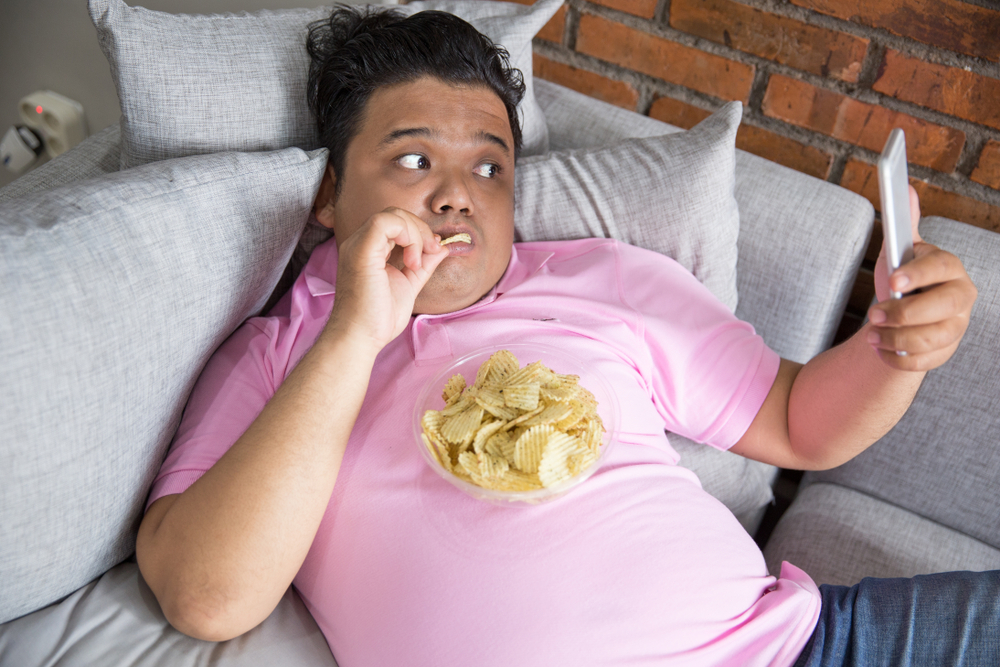Bladder issues in women are common and can significantly affect daily life. Conditions such as female urinary incontinence, overactive bladder, interstitial cystitis, and urinary tract infections impact many women, causing discomfort and frustration. Understanding the causes of these bladder issues and strategies for prevention and treatment can improve bladder health and overall well-being. This article explores common bladder control problems in women and provides practical tips for managing and preventing them.
Understanding Female Urinary Incontinence
Female urinary incontinence refers to the loss of bladder control, which can range from occasional leaks when coughing or sneezing to a sudden, intense urge to urinate that leads to accidents. There are several types of urinary incontinence, including stress incontinence, which occurs due to physical pressure on the bladder, and urge incontinence, also known as overactive bladder, which involves a sudden need to urinate.
In mild cases, pelvic floor exercises, such as Kegel exercises, can strengthen the muscles that support the bladder. Bladder training, where women gradually increase the time between bathroom visits, can also help. In more severe cases, medications or medical devices like pessaries, which support the bladder, may be prescribed. Surgery is also an option for women whose symptoms do not respond to other treatments.
Causes of Overactive Bladder in Women
An overactive bladder in women is characterized by a sudden, uncontrollable urge to urinate, often accompanied by frequent urination throughout the day and night. A variety of factors, including aging, inflammation, and hormonal changes during menopause, pregnancy, and childbirth, can cause this condition. These life events can weaken the pelvic floor muscles or cause nerve damage, leading to bladder control problems. These factors can weaken the bladder muscles and disrupt the nerves that control bladder function, leading to frequent and urgent urination.
Urinary Tract Infections in Women: Prevention Tips
Urinary tract infections (UTIs) are another common bladder issue among women. UTIs occur when bacteria enter the urinary tract, causing pain, burning during urination, and the frequent urge to urinate. Women are more prone to UTIs due to their anatomy, with a shorter urethra that allows bacteria easier access to the bladder. While UTIs can be treated with antibiotics, preventing them is key to avoiding recurrent infections.
To prevent urinary tract infections naturally, it’s essential to practice good hygiene. This includes wiping from front to back after using the bathroom, urinating after sexual intercourse to flush out bacteria, and staying well-hydrated by drinking plenty of water. Cranberry juice and supplements are also believed to help prevent UTIs by preventing bacteria from adhering to the bladder wall, though more research is needed to confirm their effectiveness.
Improving Women’s Bladder Health Naturally
Maintaining good bladder health is essential for preventing urinary issues and improving overall well-being. Women can take several natural steps to enhance bladder health, starting with regular pelvic floor exercises like Kegels. These exercises strengthen the muscles that support the bladder and can reduce the risk of incontinence. The diet also plays a role in bladder health, with certain foods known to irritate the bladder and others supporting healthy bladder function.
Addressing Bladder Control Problems in Women
Bladder control problems in women can result from a variety of factors, including aging, childbirth, obesity, and chronic constipation. These issues can make it difficult for women to control when and how much they urinate.
Stress incontinence, which occurs when physical movement or activity places pressure on the bladder, is prevalent in women who have had children or who are going through menopause. In stress incontinence, the pelvic muscles cannot adequately support the urethra, which causes urine to leak when abdominal pressure increases. Although stress incontinence can affect women of any age, it is particularly common after childbirth and as women age.
How can lifestyle changes help with bladder issues in women?
Lifestyle changes can significantly improve bladder issues in women by addressing underlying factors that contribute to symptoms like urgency, frequency, and incontinence. Maintaining a healthy weight and strengthening pelvic floor muscles with exercises such as Kegels can reduce pressure on the bladder and improve control.
Adjusting hydration by drinking enough water but avoiding bladder irritants like caffeine, alcohol, and acidic foods can help minimize symptoms. Practicing bladder training, going to the bathroom regularly, and avoiding constipation through a balanced diet high in fiber all contribute to healthier bladder function.
Reducing stress and quitting smoking help decrease bladder irritation, while good hygiene practices can lower the risk of urinary tract infections. These lifestyle adjustments empower women to manage bladder health naturally and effectively.
What role do Histamines play?
Patients with Interstitial Cystitis have shown improvement of symptoms with “dual-antihistamine” therapy. Using the right ratio of certain antihistamines to block both the histamine-1 and histamine-2 receptors has shown a decrease in pain and bladder discomfort.
There are medicinal ways to relieve your urinary discomfort. Visit Get Relief Rx today to explore proven solutions to ease your symptoms and improve your gut health. Click here to start feeling better now!




